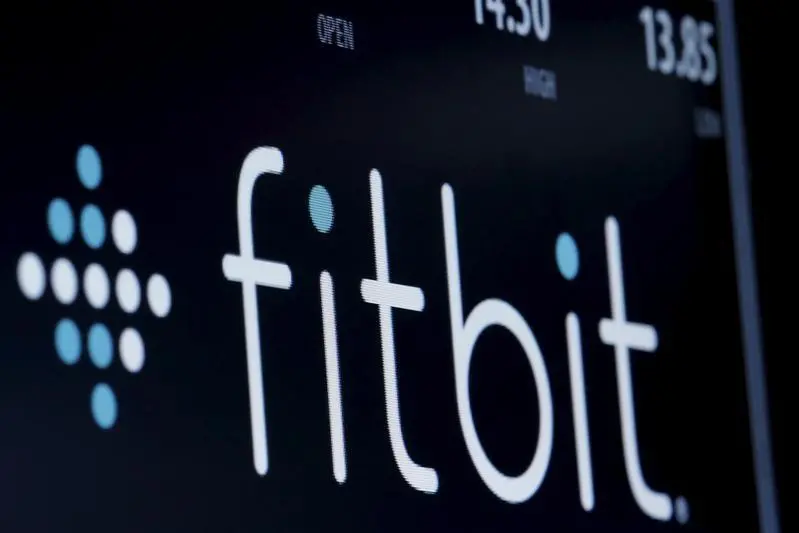PHOTO
Global wearable brand Fitbit on Thursday announced that it has developed a high-quality, low-cost and easy-to-use emergency ventilator called Fitbit Flow to meet global needs during the Covid-19 pandemic.
The ventilator has obtained an Emergency Use Authorisation (EUA) from the US Food & Drug Administration (FDA).
Fitbit Flow builds on standard resuscitator bags, like those used by paramedics, with sophisticated instruments, sensors and alarms that work together to support automated compressions and patient monitoring, the company said in a statement.
The device is designed to be intuitive and simple to use, potentially helping to reduce the strain on specialised staff who are typically needed to operate a commercial ventilator.
To develop and test Fitbit Flow, the company worked with emergency medicine clinicians caring for Covid-19 patients at the Oregon Health & Science University (OHSU) Hospital in the US.
"We saw an opportunity to rally our expertise in advanced sensor development, manufacturing, and our global supply chain to address the critical and ongoing need for ventilators and help make a difference in the global fight against this virus," James Park, co-founder and CEO of Fitbit, said in a statement.
Other similar emergency ventilators vary in the combination of features they offer, but according to the Fitbit, it believes that none delivers all of the attributes of its device at the same lower price range.
According to the company, the goal is to supply these devices to health care systems around the world that do not have a sufficient number of traditional commercial ventilators.
'Fitbit Flow' is designed to be used only when a traditional commercial ventilator is not available.
"Fitbit Flow is a great example of the incredible innovation that emerges when academia and industry employ problem-based innovation to respond quickly to an important need," said David Sheridan, assistant professor at OHSU.
Copyright © 2020 Khaleej Times. All Rights Reserved. Provided by SyndiGate Media Inc. (Syndigate.info).





















